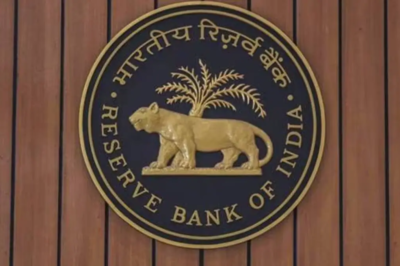
- Immediate Buyback: The Indian government, in a sudden move, has decided to buy back sovereign bonds worth Rs 40,000 crore.
- Details on Securities: Bonds targeted for the buyback include the 6.18% GS 2024, 9.15% GS 2024, and 6.89% GS 2025.
- Auction Method: The buyback auction is set for May 9, 2024, employing a multiple price method, with results due the same day.
What does this bond buyback mean for the economy? This strategic financial maneuver by the government involves repurchasing outstanding sovereign bonds before their scheduled maturity dates. Such actions are typically designed to manage the national debt effectively and can inject significant liquidity into the market. The buyback aims to redistribute liquidity within the banking sector, which is currently experiencing a deficit of Rs 78,481 crore as of May 2. Experts view this as a careful step to balance short-term financial stability with long-term fiscal management.
Exploring the Implications of the Buyback The selection of specific securities for the buyback hints at a targeted approach to managing the liquidity conditions in the market. Economists like Vivek Kumar from QuantEco Research suggest that this move also serves as a yield management exercise to stabilize or reduce yields, particularly at the shorter end of the spectrum. The timing of this buyback coincides with expected government expenditures and the transition to a new administration, potentially stabilizing economic indicators in a period of governmental transition.
Broader Economic Impact and Future Outlook The buyback is part of a broader fiscal strategy that includes receiving annual dividends from the Reserve Bank of India, enhancing the government’s cash reserves. This influx of funds is anticipated to bolster the government’s capacity to manage its finances more effectively amid ongoing economic challenges. Analysts will closely watch the impact of this buyback on market dynamics, particularly interest rates and bond yields, as these factors are crucial for economic planning and growth forecasts.
This proactive fiscal step underlines the government’s commitment to maintaining economic stability and confidence in its financial management strategies. As the buyback proceeds, it will be essential to monitor its effects on the broader economy and the banking sector’s liquidity status.









































Leave a Reply